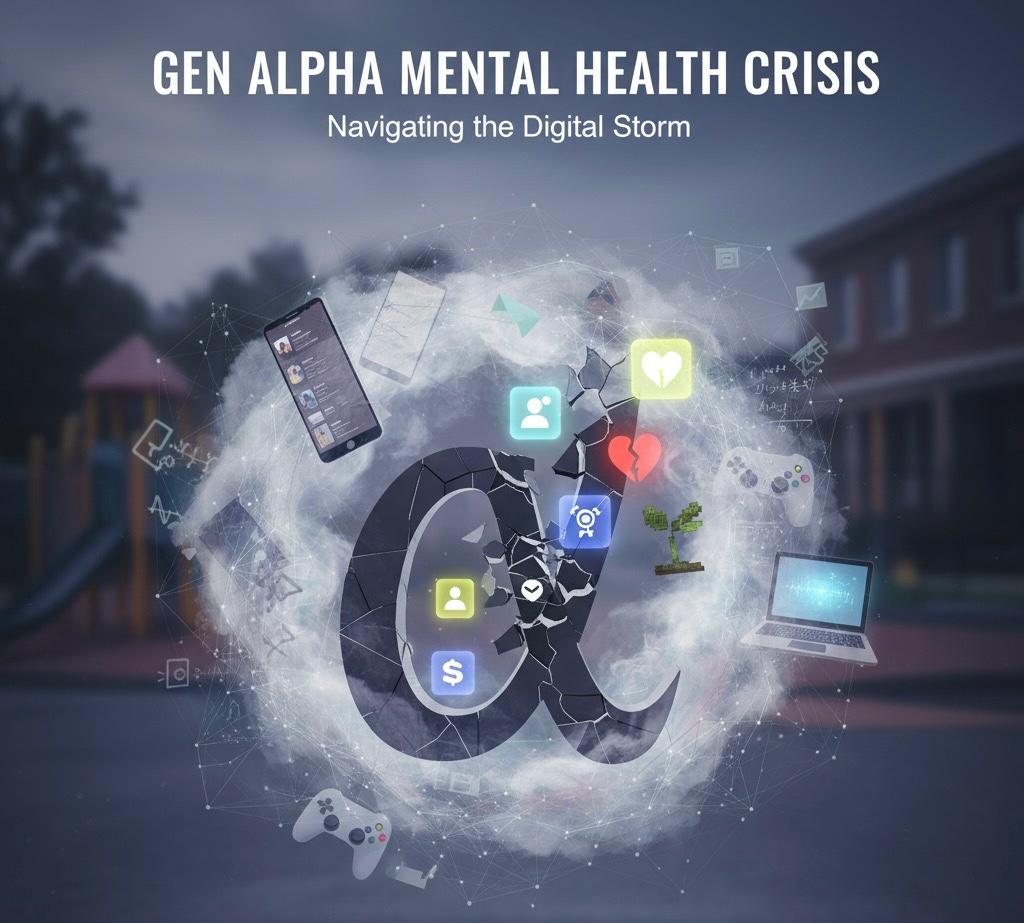Diplomacy, the art of dealing with people sensitively and effectively, is an essential skill in both personal and professional life. It involves navigating complex social situations, managing conflicts, and communicating in a way that respects and considers others’ perspectives. Psychological research offers insights into developing diplomatic skills. This article explores these strategies, drawing upon scientific sources.
The Psychology of Diplomacy
Diplomacy is closely linked to emotional intelligence, a concept popularised by Goleman (1995). Emotional intelligence involves self-awareness, self-regulation, empathy, motivation, and social skills – all critical components of diplomatic behaviour.
Strategies for Being Diplomatic
- Active Listening: Effective diplomacy starts with active listening. It involves fully concentrating on what is being said rather than just passively ‘hearing’ the message. According to Weger et al. (2010), active listening facilitates understanding and can help de-escalate conflicts.
- Empathy: Understanding others’ feelings and viewpoints is crucial for diplomacy. Research by Cuff et al. (2016) highlights that empathy enables individuals to navigate social complexities more effectively.
- Tactful Communication: Diplomacy requires conveying messages tactfully, especially in difficult conversations. It involves being honest yet considerate. Mayer et al. (1990) suggest that effective communication is an integral part of emotional intelligence.
- Managing Emotions: Diplomats must manage their own emotions and respond appropriately to others’. Gross’s (1998) model of emotional regulation provides strategies for managing emotional responses effectively.
- Cultural Sensitivity: Being aware of and respecting cultural differences is essential in diplomacy. Research by Ting-Toomey (2012) on intercultural communication stresses the importance of cultural sensitivity in avoiding misunderstandings and conflicts.
- Conflict Resolution Skills: Diplomacy often involves resolving conflicts. Ury, Brett, and Goldberg’s (1988) model of conflict resolution outlines strategies for finding mutually acceptable solutions.
- Assertiveness: Balancing assertiveness and cooperativeness is a key diplomatic skill. Assertiveness involves expressing one’s interests and needs clearly without being aggressive (Ames & Flynn, 2007).
Conclusion
Being diplomatic is a skill that can be developed through practice and self-awareness. It involves active listening, empathy, effective communication, emotional regulation, cultural sensitivity, conflict resolution skills, and assertiveness. By honing these skills, individuals can become more effective in their personal and professional interactions.
References
- Goleman, D. (1995). Emotional Intelligence. Bantam Books.
- Weger, H., Castle Bell, G., Minei, E. M., & Robinson, M. C. (2010). The relative effectiveness of active listening in initial interactions. International Journal of Listening, 24(1), 34-49.
- Cuff, B. M., Brown, S. J., Taylor, L., & Howat, D. J. (2016). Empathy: A review of the concept. Emotion Review, 8(2), 144-153.
- Mayer, J. D., Caruso, D. R., & Salovey, P. (1990). Emotional intelligence and the construction and regulation of feelings. Applied and Preventive Psychology, 4(3), 197-208.
- Gross, J. J. (1998). The emerging field of emotion regulation: An integrative review. Review of General Psychology, 2(3), 271-299.
- Ting-Toomey, S. (2012). Communicating Across Cultures. Guilford Press.
- Ury, W., Brett, J. M., & Goldberg, S. B. (1988). Getting Disputes Resolved: Designing Systems to Cut the Costs of Conflict. Jossey-Bass.
- Ames, D. R., & Flynn, F. J. (2007). What breaks a leader: The curvilinear relation between assertiveness and leadership. Journal of Personality and Social Psychology, 92(2), 307-324.
How to get in touch
If you or your patient/NDIS clients need immediate mental healthcare assistance, feel free to get in contact with us on 1800 NEAR ME – admin@therapynearme.com.au.







